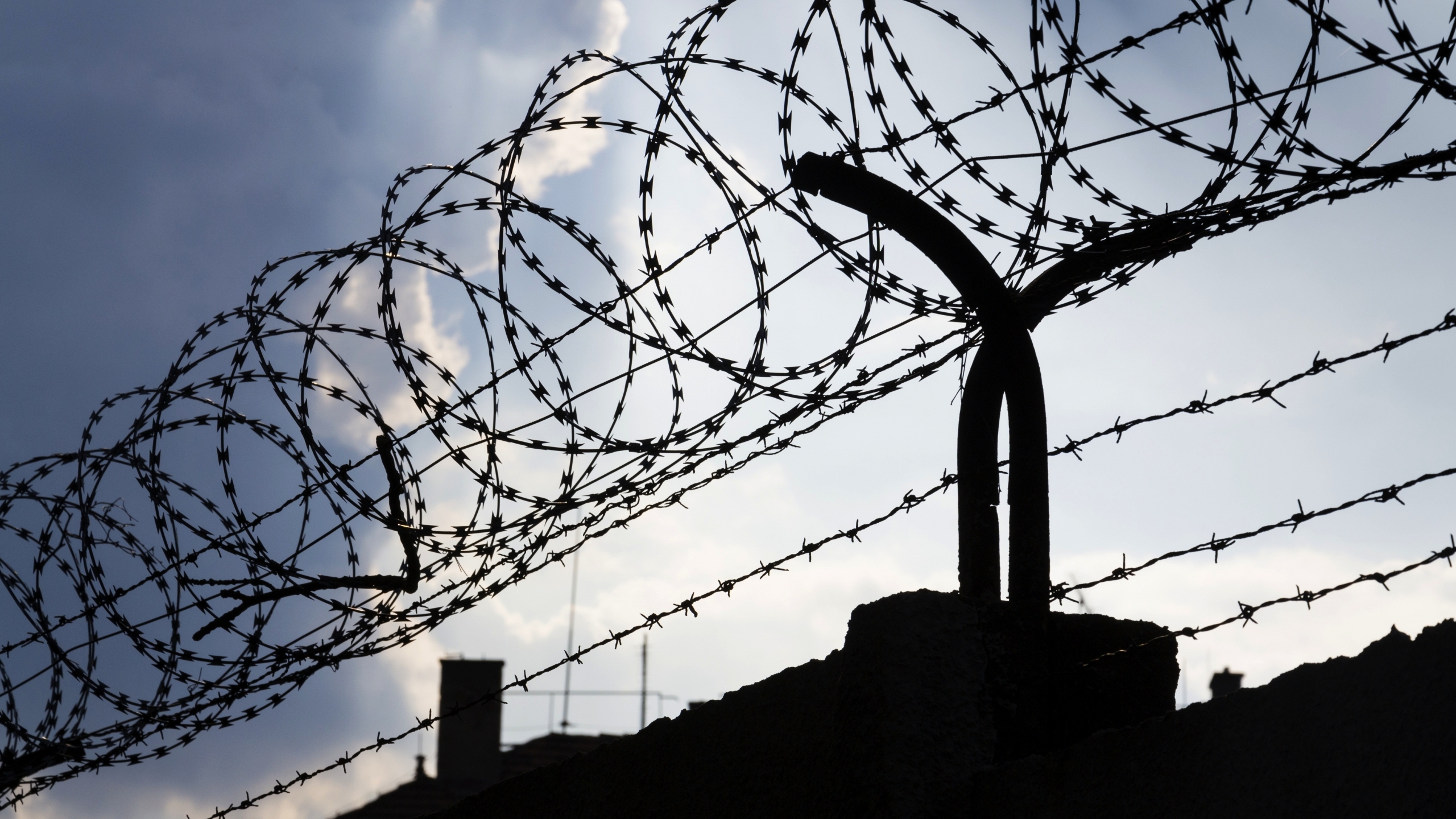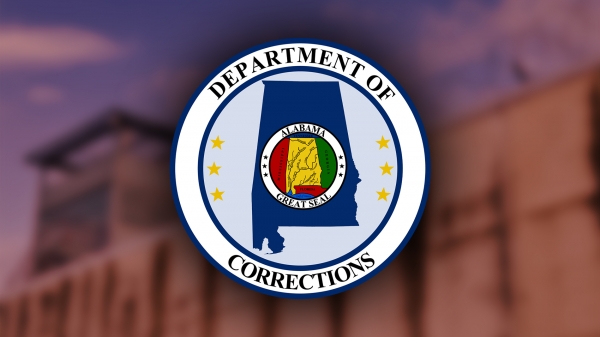|
Getting your Trinity Audio player ready...
|
The Alabama Department of Corrections on Monday declared an end to the incarcerated workers’ strike and protest that has affected every major correctional facility in the state over the previous three weeks.
In a statement released on Monday, the ADOC said that work stoppages at facilities “have ended,” with all correctional facilities to return from lockdown to normal operations, including meal services and programs.
“These three weeks have been very challenging for the staff at ADOC, and I’m very proud of the way they have risen to that challenge,” ADOC Commissioner John Hamm said in a statement released on Monday. “The daily operations of the state’s correctional facilities involved many moving pieces, and it takes a huge effort under the best circumstances to ensure those pieces work together smoothly.”
On Friday, organizing members of the strike released a statement alluding to the end of a unified strike and protest “to ensure that ADOC does not continue to target the most vulnerable in our population”, with the group still maintaining that they would “escalate our strike, peacefully” in the future.
Since the beginning of the strike on Sept. 26, incarcerated individuals have alleged retaliation in the form of starvation, coercion of incarcerated individuals at other facilities to work against their will in striking facilities, and being forced into solitary confinement for participation in the strike and protest.
A group of incarcerated individuals with medical conditions requiring consistent food intake filed on Sept. 30, an emergency Motion to Intervene in the U.S Department of Justice’s ongoing lawsuit against the state and the ADOC, urging the federal government to intervene in state prisons as a result of the state’s retaliation, including the alleged use of “bird feeding” against incarcerated individuals, across the duration of the strike.
Attorneys for the federal government responded to the Motion to Intervene on Oct. 14, by asking the court to deny the motion.
Intervention by the federal government in what protesters both inside and outside have described as “a humanitarian crisis” within the state prison system was among the demands delivered to the ADOC’s headquarters on Sept. 26.
Reform of the state’s parole board, an end to the habitual offender act and similar legislation, and an expedited process for medical furloughs and elderly incarcerated individuals release from prison were among other demands laid forward by incarcerated individuals at the beginning of the strike and protest this September.
The strike among incarcerated individuals represents arguably the largest collective protest by the state’s incarcerated population in history.






















































